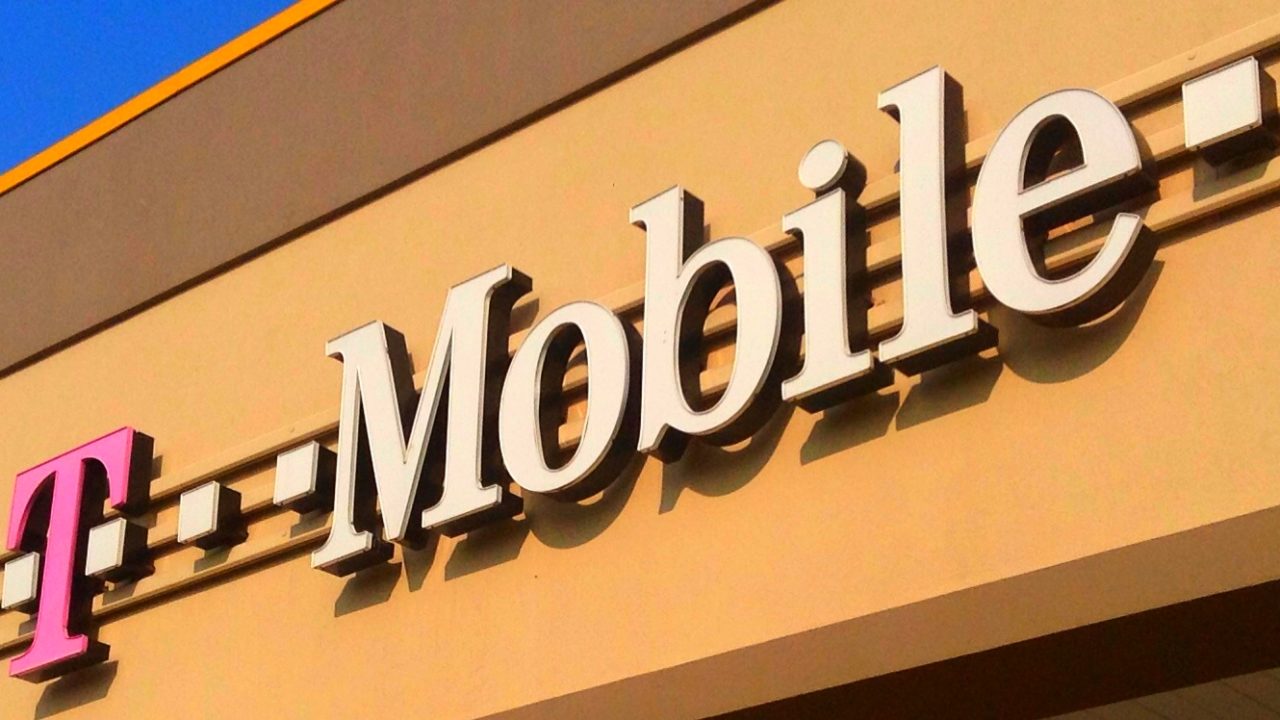
Don’t Listen to the Naysayers: T-Mobile/Sprint Merger Will Benefit Consumers and Competition
By: Bethany Patterson
On October 16, the Federal Communications Commission voted to approve the T-Mobile/Sprint merger in a significant step forward for innovation.
The New T-Mobile will lead to greater competition, facilitate technological growth and benefit people across the country, but some are taking a more negative approach.
In an op-ed for The Atlantic last week, FCC Commissioner Jessica Rosenworcel wrote that the merger “will hurt consumers, harm competition, and eliminate thousands of jobs.”
Essentially, the argument is that the government should maintain the status quo in the wireless industry by preventing T-Mobile and Sprint from merging. First, this is wrong because companies should be able to freely merge and split without government intervention. And second, it prioritizes preserving competitors over protecting competition.
By combining T-Mobile and Sprint, the two companies will create a third larger competitor to the top two wireless carriers, Verizon and AT&T. Even after the merger is completed, both Verizon and AT&T will still have more subscribers than the New T-Mobile. But with this new larger competitor, all companies will be incentivized to improve their services and lower their prices to attract customers.
Both T-Mobile and Sprint have voluntarily committed to not raise prices over the next three years if the transaction goes through, but mergers also lead to lower prices. As CEI research fellow Patrick Hedger wrote after American Airlines and U.S. Airways merged in 2013, airline ticket prices have “steadily and unmistakably declined.” The New T-Mobile will have the same impact on the wireless industry.
On top of that, both companies have pledged to open 600 new retail locations across the country, create 12,400 jobs in small towns and rural America by 2021 and create 7,500 customer service jobs by 2024.
T-Mobile and Sprint have also pledged to build out a 5G network that will cover 97 percent – including 85 percent of rural Americans – of the nation’s population within three years. Within six years, the network will cover 99 percent of Americans.
And as the New T-Mobile deploys 5G, other wireless carriers will feel pressure to do the same. This will help close the digital divide, enabling more Americans to become connected online. It will also help the United States maintain its position as the global leader in technology, which is especially pressing as the nation and China are currently tied for first place in terms of 5G readiness.
As FCC Commissioner Brendan Carr tweeted the day the merger was approved, “Voting for this transaction means that 99% of Americans will get 5G on an accelerated basis. Voting against it means they won’t.”
And there are government leaders willing to jeopardize this opportunity. Attorneys general from sixteen states and D.C. are suing to block the merger. These attorneys general hail from states like Connecticut, Massachusetts, New York and California.
But for more rural or underserved areas, this would bring economic growth. As the Navajo Nation President Jonathan Nez wrote to the FCC and Department of Justice, the New T-Mobile is “essential to [the Navajo Nation’s] economic recovery.”
Mississippi Attorney General Jim Hood, who originally opposed the merger, now supports the New T-Mobile because it will help close the digital divide in his state. In his words, “access to the internet results in better access to education, jobs, and health care.”
By approving this merger, the FCC is embracing a future of increased connectivity and enhanced competition, which will benefit consumers and the nation. We shouldn’t let gloomy rhetoric get in the way of this progress.
Photo credit: Mike Mozart (Flickr, CC BY 2.0)